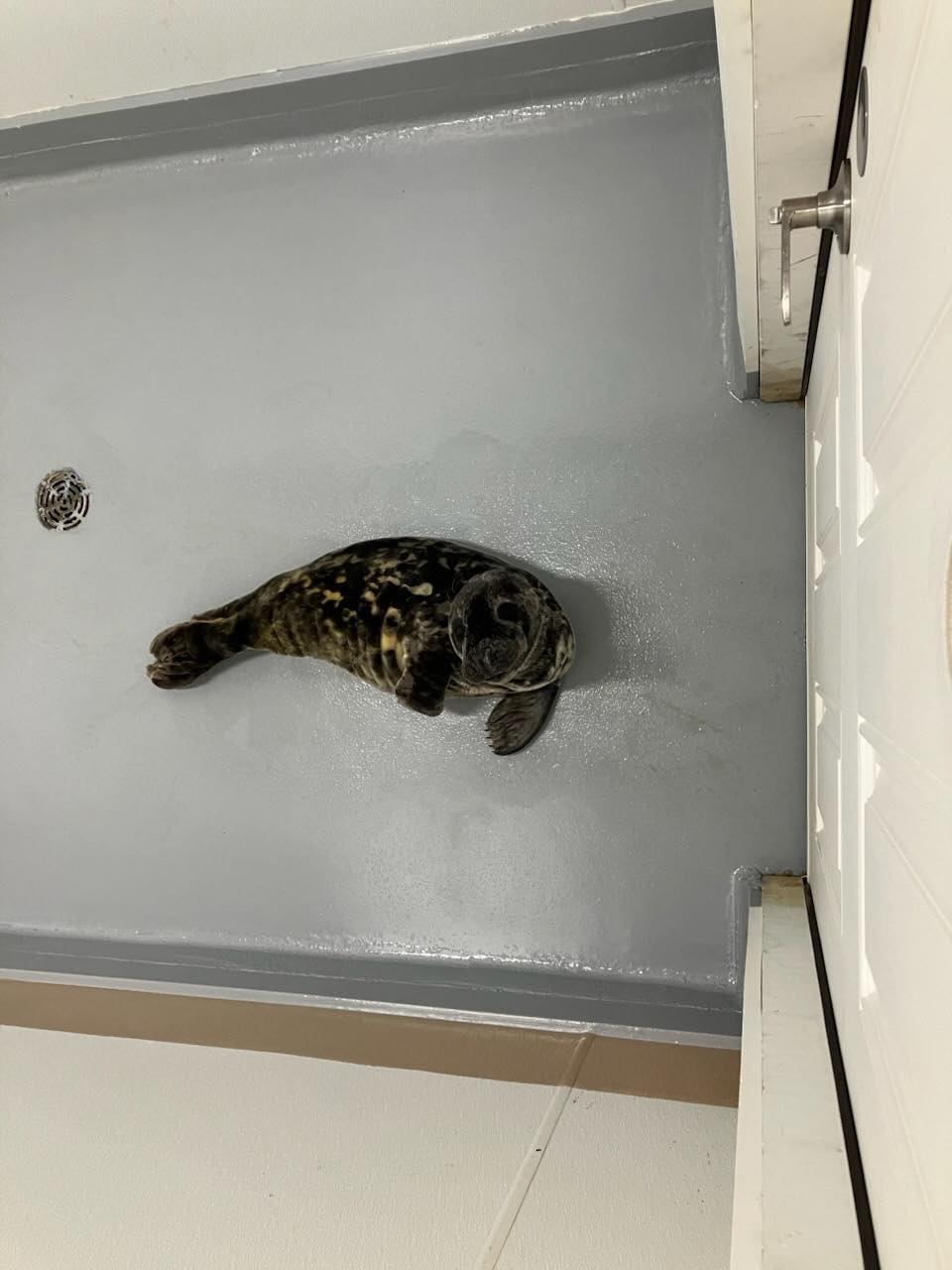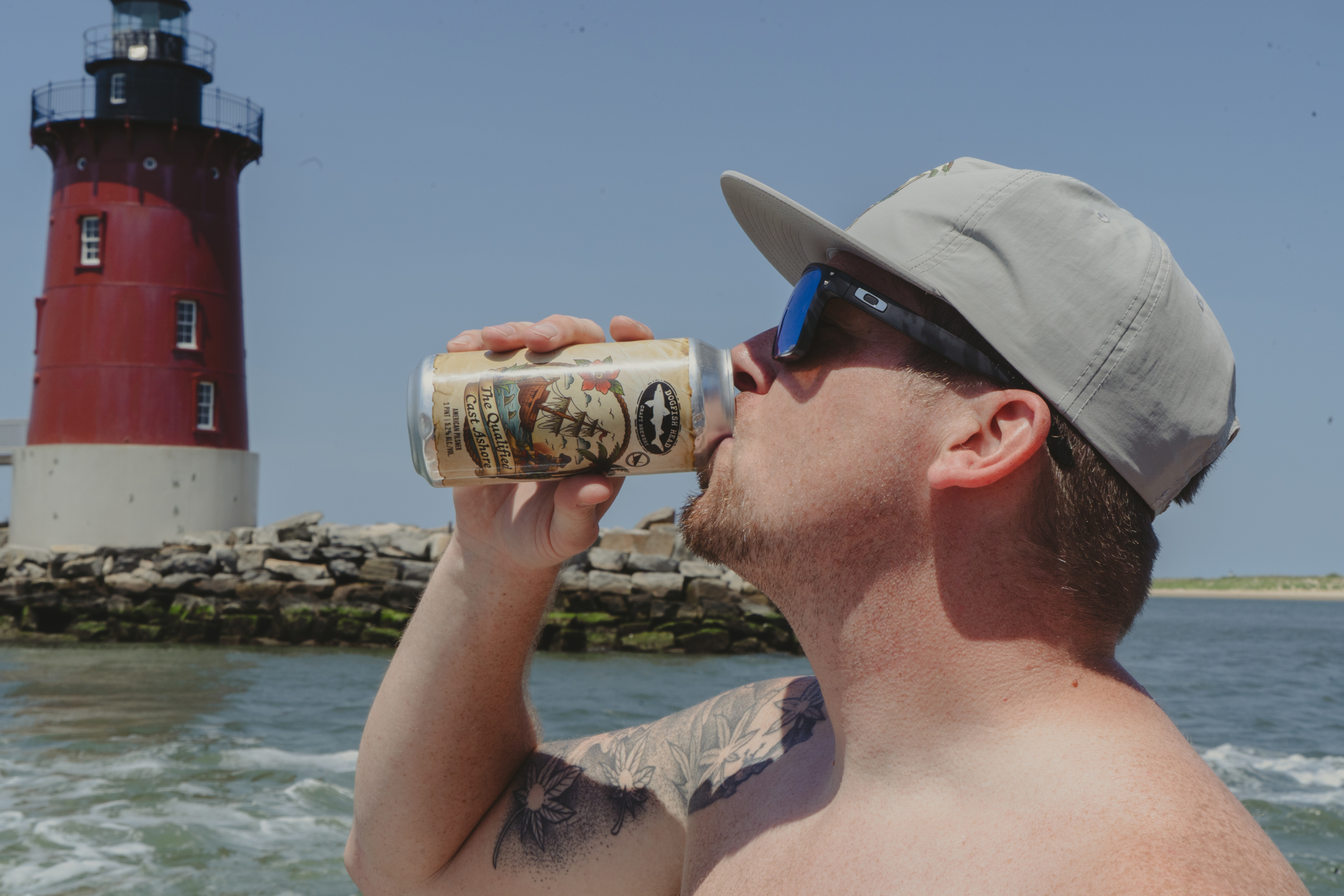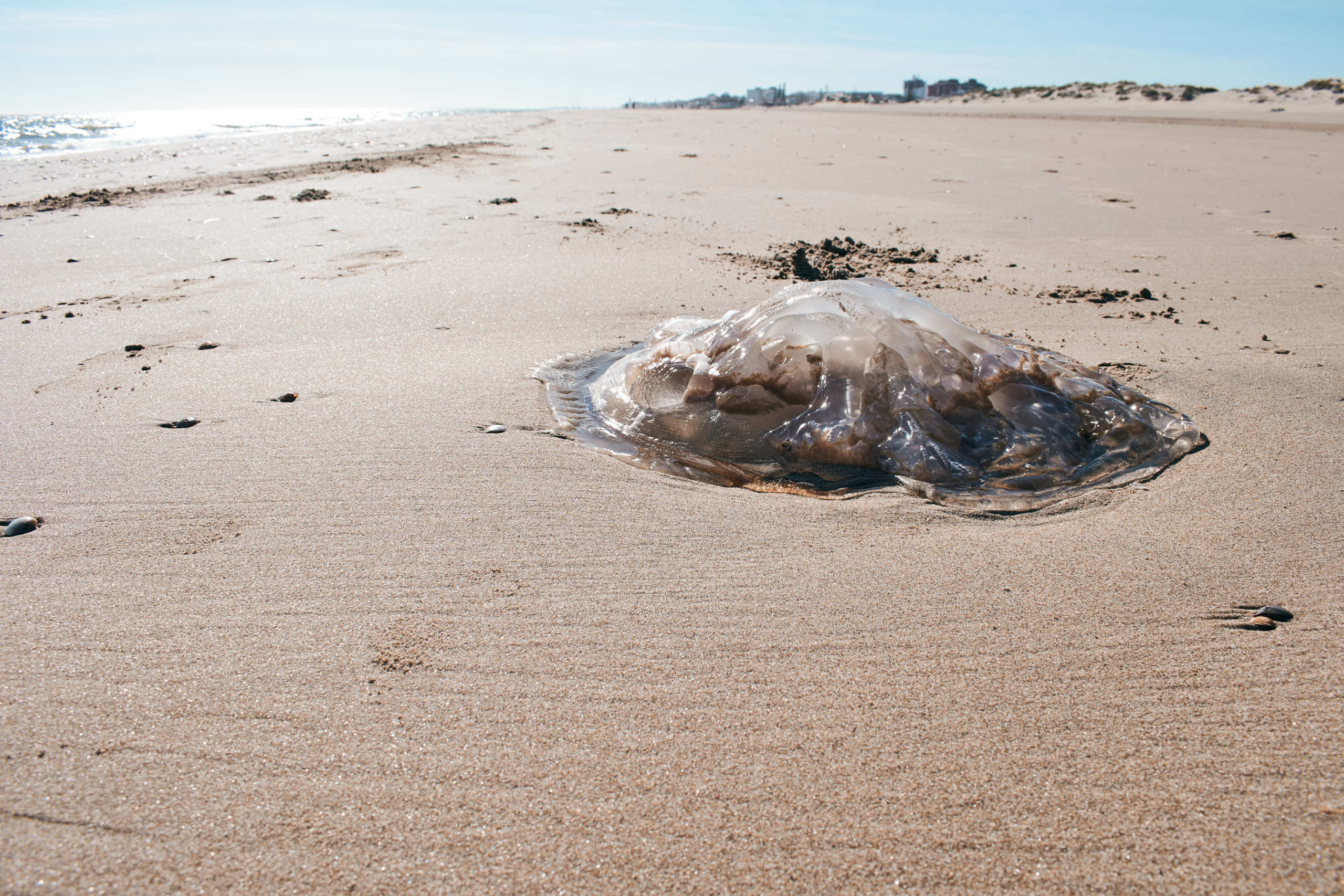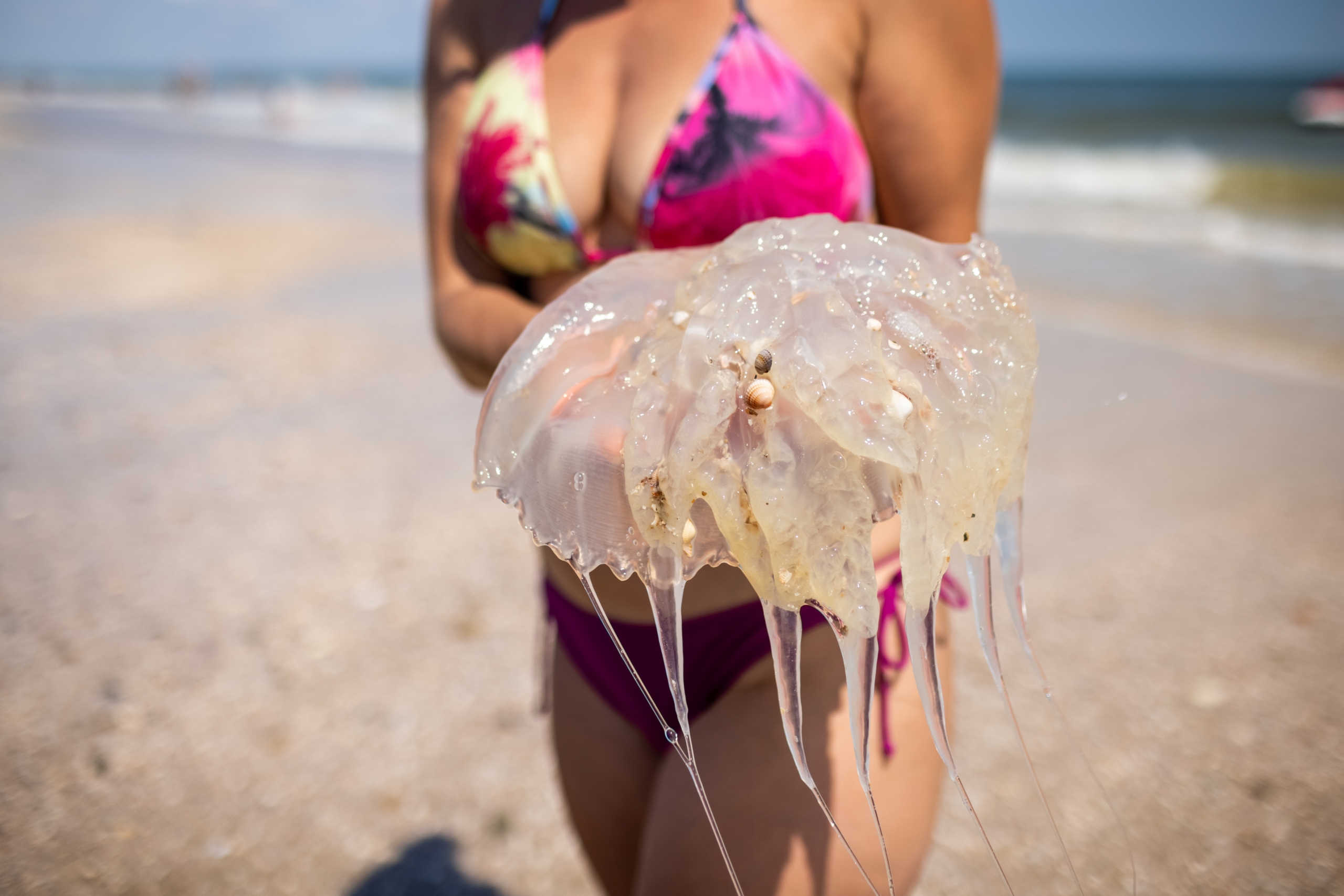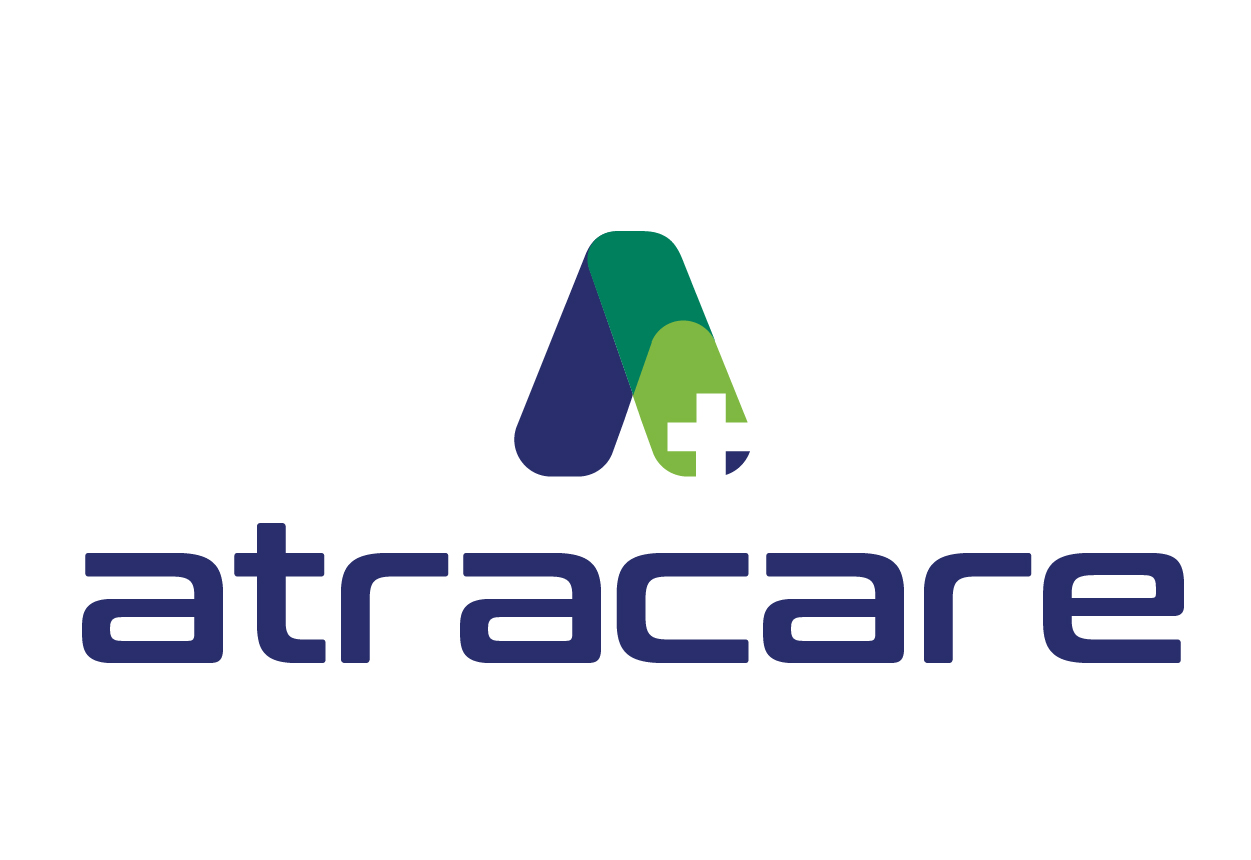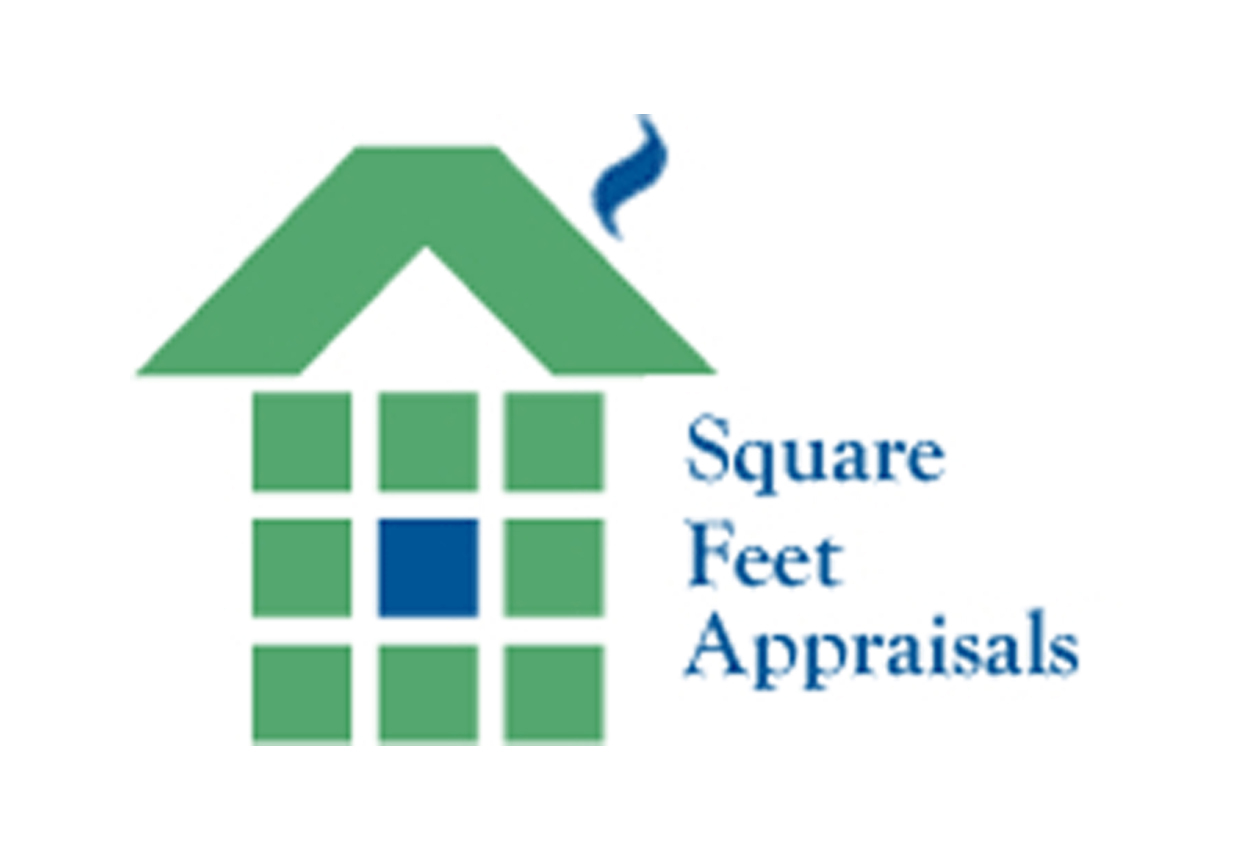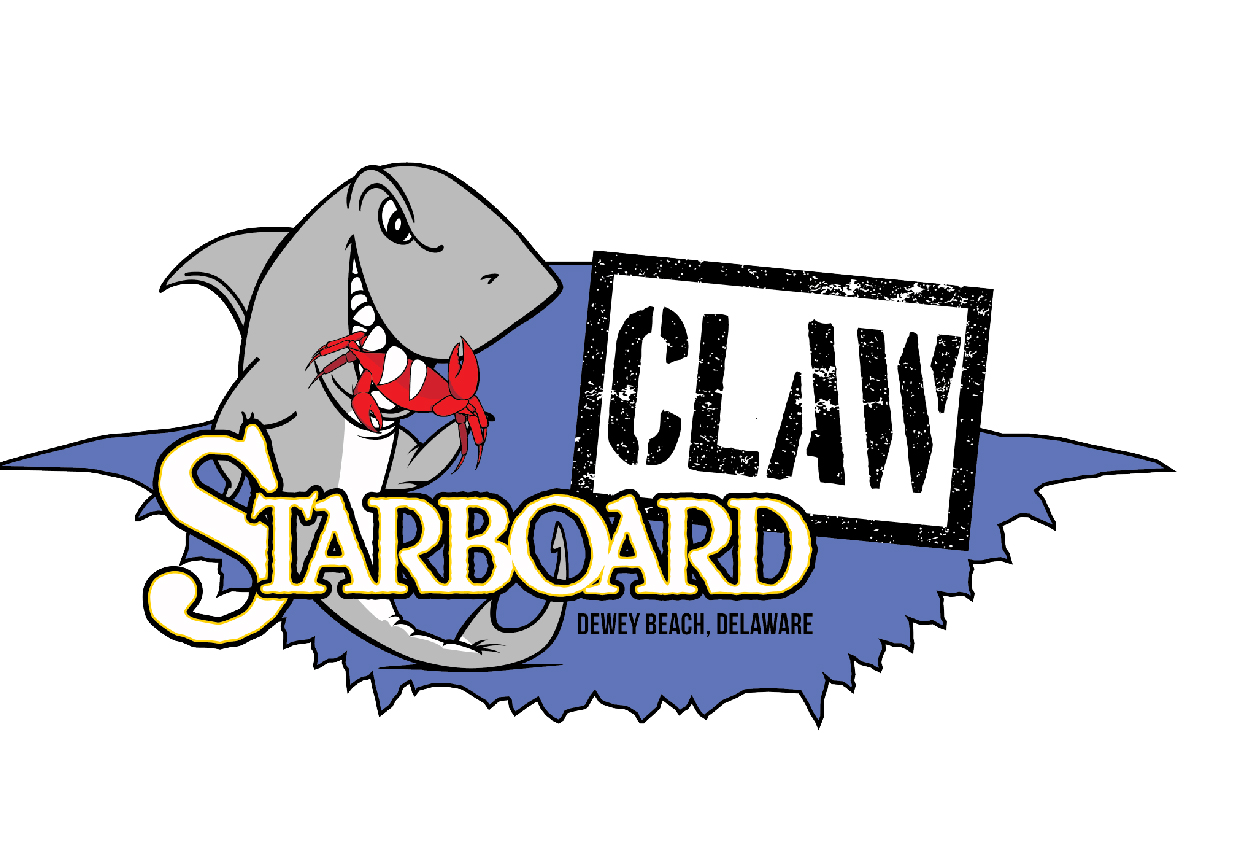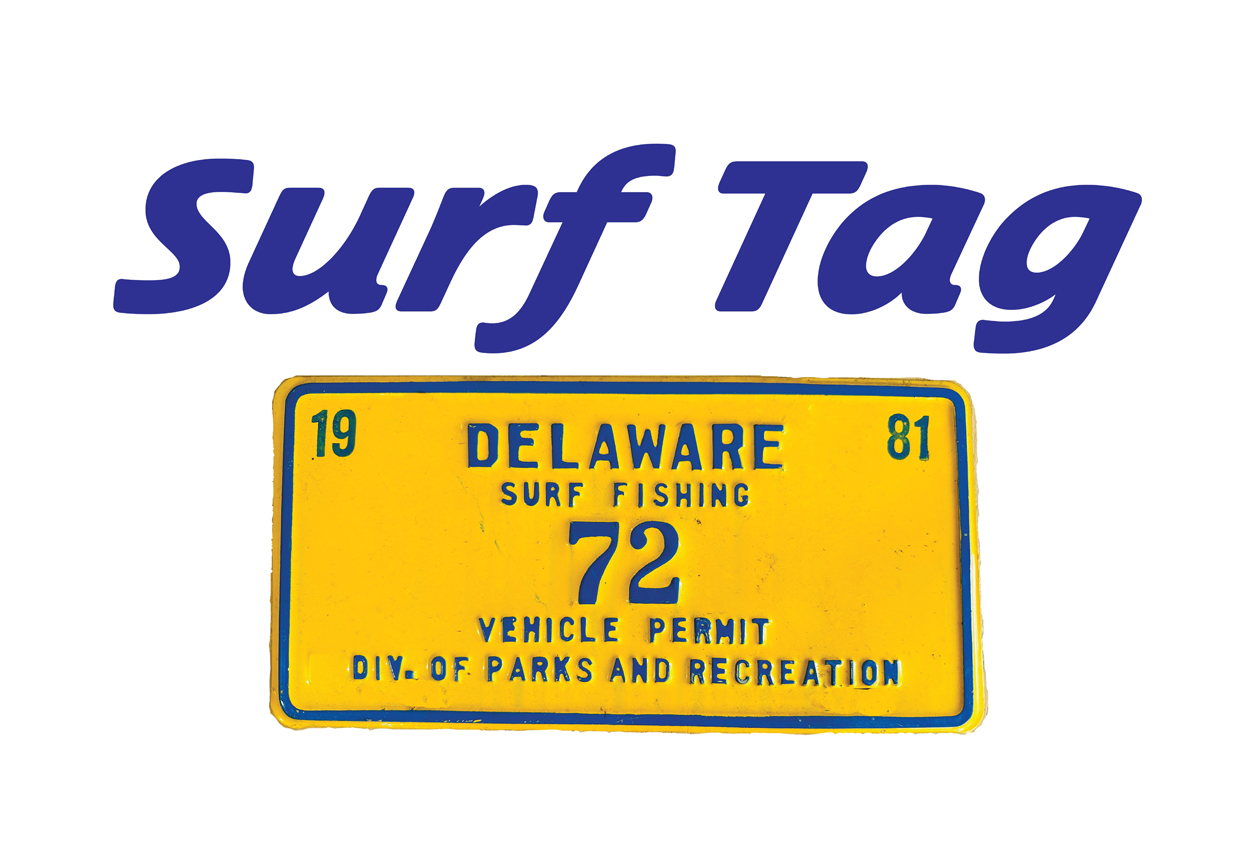Highway Heroics and Celestial Seals: Andromeda and Scutum’s Stories of Survival
It sounds like something out of a movie—a seal crossing Route 1 at the Indian River Inlet Bridge. But for a 2.5-month-old pup named Andromeda, this unbelievable journey was all too real.
Seal on the Highway: Andromeda’s Narrow Escape
According to the Marine Education, Research and Rehabilitation Institute (MERR), the young harbor seal managed to make it safely across four lanes of traffic before finding refuge in a patch of vegetation. She was eventually located and rescued—shaken but alive.
Local residents Matthew and Tina Henderson were stunned.
“We’d probably look twice and wonder, ‘What is that!’” Tina said.
While grateful the pup survived, Tina added a concern that echoed through the community:
“Hopefully no more come across the road or get squashed. That would be a tragedy.”
MERR is currently caring for Andromeda, who is recovering from her inland misadventure. Officials say she’s on the mend but will need time before any decisions about release can be made.
Another Rescue: Scutum the Grey Seal
Andromeda wasn’t the only seal needing help this spring. On April 10, MERR responded to a stranded young grey seal at Gordon’s Pond in North Shores. This pup, later named Scutum—Latin for “shield”—was transferred to the Marine Mammal Stranding Center in New Jersey, and from there to the National Marine Life Center in Massachusetts for longer-term rehabilitation.
Scutum, known for scooting backward during his exams, is now getting the specialized care he needs before being reintroduced to the wild.
A Wake-Up Call on Wildlife and Coastal Safety
Two rescues in one week are raising eyebrows and questions. Beachgoer Lex Denysenko summed up what many are now wondering:
“It sounds like we need to have a few more regulations about how we experience wildlife in this area.”
He’s not wrong. The Delaware coast has long been home to seals, dolphins, and other marine wildlife. But as development grows and more humans flood into beach towns—so does the risk of these unexpected encounters.
MERR and other groups continue to remind the public:
-
Do not approach stranded seals. Call MERR’s hotline instead (302.228.5029)
-
Stay at least 150 feet away—use binoculars or zoom lenses.
-
Keep dogs leashed and children at a distance.
Why This Matters
Seals are federally protected marine mammals. Encounters like these highlight how human-wildlife interactions are changing, especially along Delaware’s increasingly busy coastline.
It’s heartening to see local groups stepping up to rescue pups like Andromeda and Scutum—but it also signals a larger issue: We need better public awareness, stronger protective measures, and sustainable coastal planning to keep both people and wildlife safe.
What You Can Do
-
Report stranded or distressed marine animals to MERR at 302-228-5029.
-
Support local marine life rehabilitation efforts by donating to organizations like MERR or the National Marine Life Center.
-
Stay informed with our all-good news newsletter, packed with positive stories from the Delaware coast.
Because sometimes, even the smallest creatures—like a seal pup named after a constellation—can teach us the biggest lessons about coexistence.

